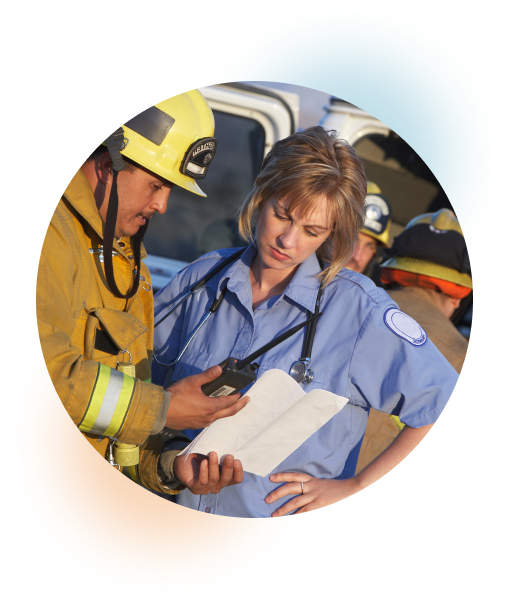More Info

Liability laws define when and how an individual may be held criminally, civilly, or professionally responsible if they injure someone or damage property. A Good Samaritan Law is a type of liability law that, in general, protects a disaster responder from legal responsibility when they provide services without compensation at the scene of an emergency or disaster. Although a statute or regulation can protect an individual from being held legally responsible, it does not prevent an individual from filing a lawsuit.


Workers’ compensation is given to employees or, in some states/territories, volunteers when they are injured or their families if they are killed during employment or disaster response activities. When employees and volunteers provide services outside of their home state/territory, laws determine whether they are entitled to the workers’ compensation benefits of their state/territory or the state/territory where they are providing disaster response services. There is tremendous variance and lack of uniformity among the states/territories concerning employment status requirements, geographic constraints, time limitations, and economic impacts. An article discussing the differences between states, the District of Columbia, territories, and freely associated states can be found here.

Scope of practice laws determine what services an individual can provide with their license, permit, certification, or skills. Every state/territory defines scope of practice differently, and when an emergency is declared, states/territories can decide whether the scope of practice will change for disaster responders. In many cases, an individual who is licensed, permitted, or certified who provides assistance outside of their home state/territory may have their scope of practice changed to match what a similarly licensed, permitted, or certified individual can do in the jurisdiction where they are providing their services.

Licensure refers to laws that determine whether an individual who is licensed in one state/territory can provide services in another state/territory without additional credentialing. During emergencies, many states/territories waive licensure requirements and allow individuals from other states/territories to provide needed services.


During the COVID-19 pandemic, many disaster responders faced threats and harassment while they provided services to protect public health and safety. In response, some states/territories passed laws protecting disaster responders from such conduct. This topic includes laws that protect workers and volunteers generally, while others specifically protect public health workers.
NOTE: The content on this site is offered only as a public service and does not constitute solicitation or provision of legal advice. This site and this tool should not be used as a substitute for obtaining legal advice from an attorney licensed or authorized to practice in your jurisdiction. You should always consult a suitably qualified attorney regarding any specific legal problem or matter.
Funding for this resource was generously provided by the Centers for Disease Control and Prevention under a contract from the National Association of County and City Health Officials (CDC cooperative agreement numbers 6 NU38OT000306-04-01, 5 NU38OT000306-05-00, and 6 NU38OT000306-05-05)